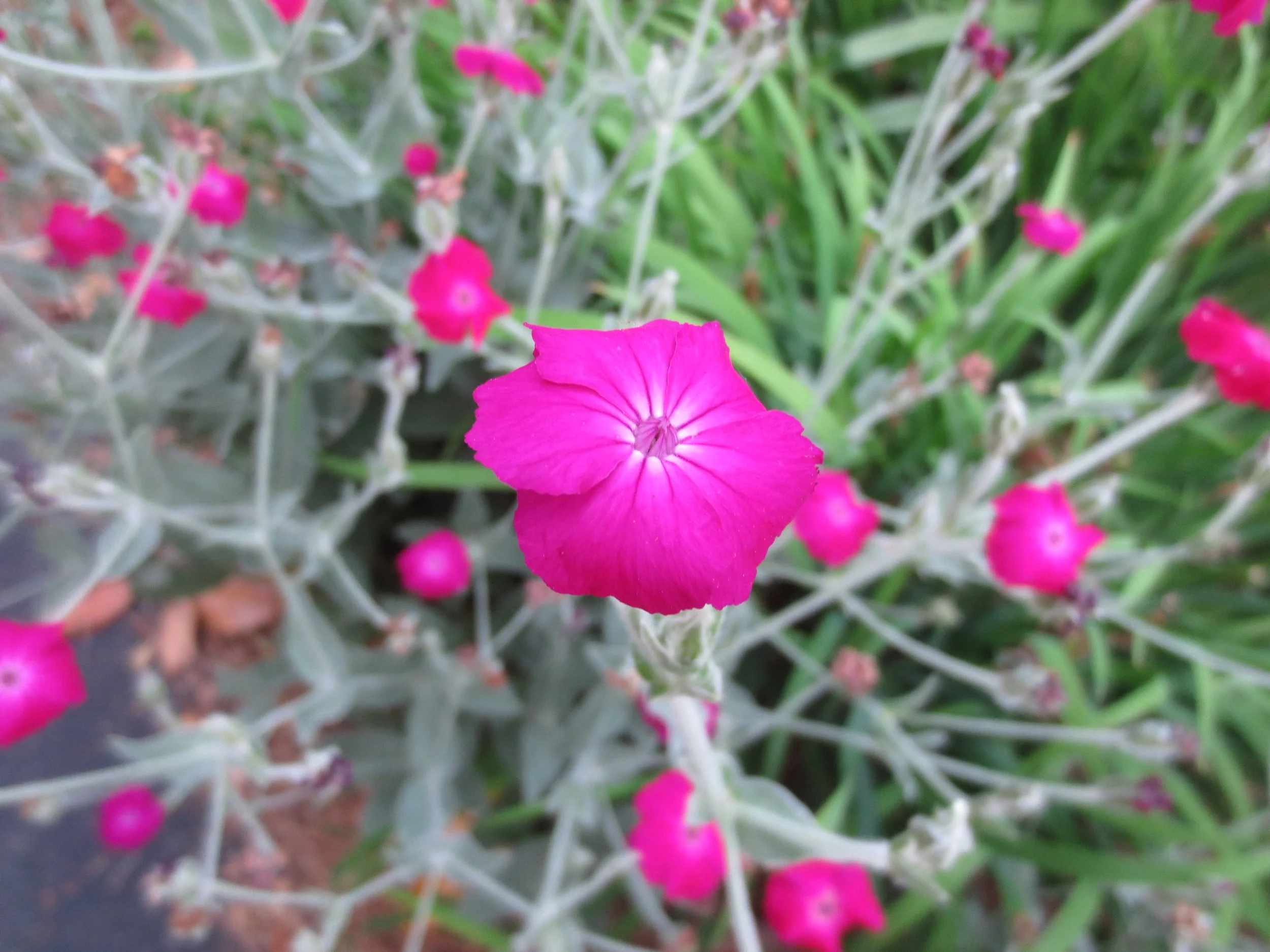Not all plants play nicely with others. Some have their own version of chemical warfare. They release toxins through their bark, roots, leaves and/or fruits that interfere with the growth of surrounding plants. They do this to protect their own resources (water, nutrients) via reduced competition. This plant protectionism is called allelopathy.
Black walnut trees are the prime example of allelopathic behavior. They release the chemical juglone, which is toxic to tomatoes, peppers, eggplant, azalea, hydrangea, lilac, and a host of other plants. The chemical remains in the soil a long time, making the area inhospitable beyond the lifespan of the tree that produced it.
To a lesser degree, these smaller plants also have allelopathic tendencies: English laurel, sumac, elderberry and goldenrod. Sunflower seed hulls have a toxic affect. This is why nothing much grows under the birdfeeders you keep stocked with black hull sunflower seeds.
There are a few plants that tolerate juglone: forsythia, hawthorne, pachysandra, redbud, most viburnums, heuchera, daffodils, daylilies, zinnias and some hosta.
There is one bright spot in the toxicity of black walnuts. If you spread wood chips or sawdust made from these trees on your walking paths, the number of weeds on the path will be reduced.
A winter sunset, seen through the barren limbs of a black walnut tree

